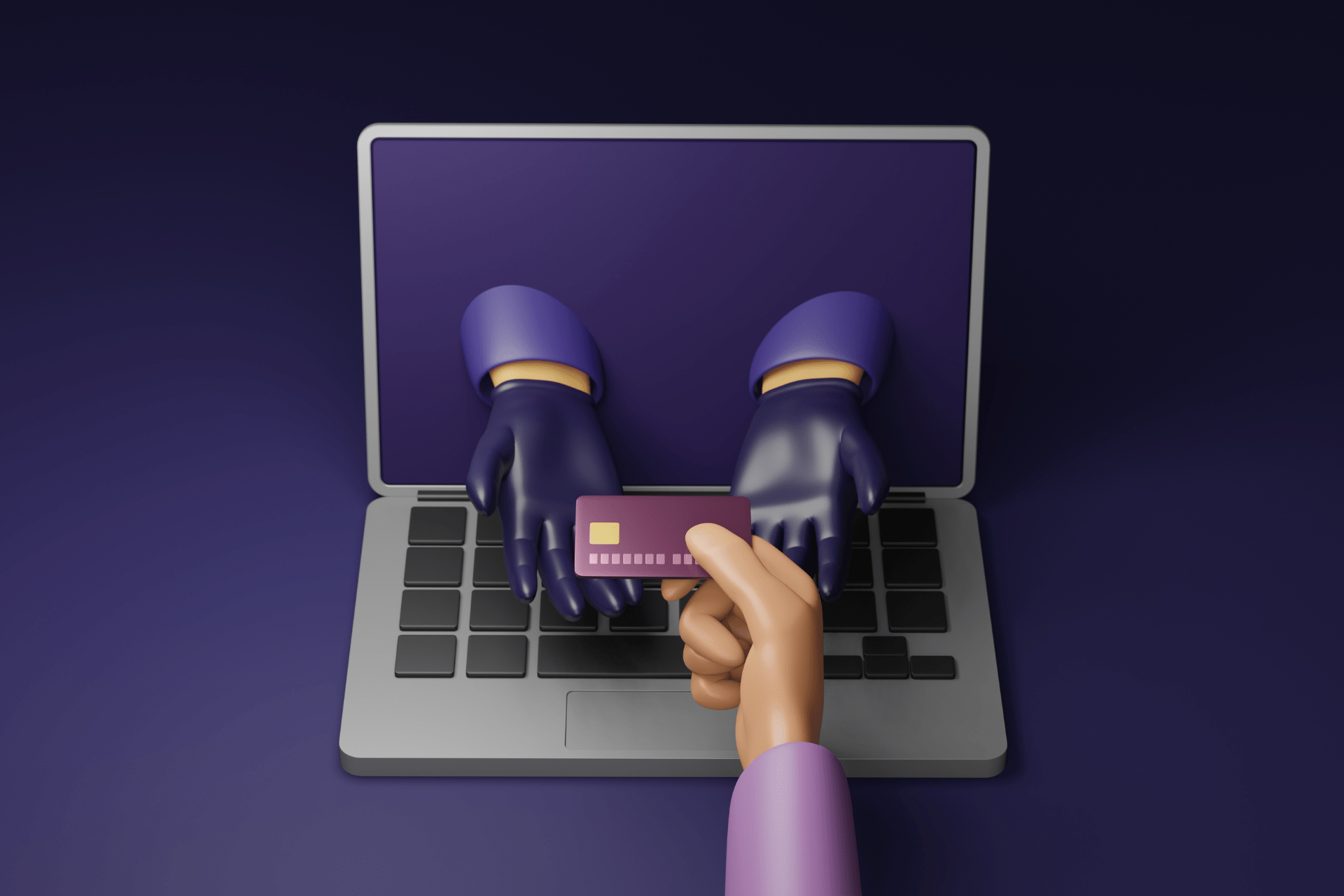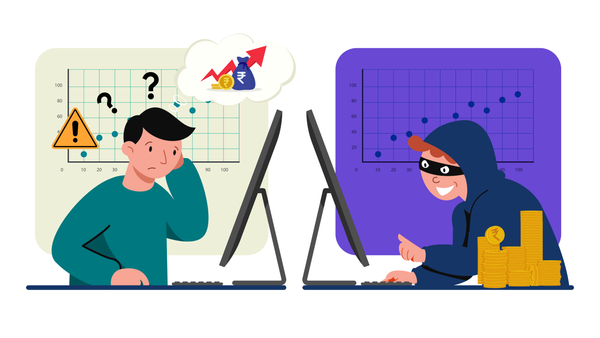How to Deal With Card Fraud?

Card fraud whether it’s credit card, debit card, or prepaid card, is a very common cyber crime these days. It’s a type of financial fraud that involves the unauthorized use of someone’s credit card/debit card information to make purchases or withdraw cash. This can happen when a card is lost or stolen when personal information is compromised through data breaches, or when someone uses someone else’s card information without permission. If you find unauthorized charges or mysterious transactions in your debit card or credit card statement, you are a victim of Card Fraud.
What to Do After Card Fraud?
Contact Your Bank ASAP – You should notify your debit or credit card provider bank immediately after finding suspicious transactions. Your bank will not only block your card but also they will monitor your account and investigate the fraudulent transactions.
Report the Crime to the Cyber Police – Reporting the crime to the cyber police is an essential step. They will investigate the fraud & help you to recover the amount legally.
In India, you can report cyber crime online HERE. If you are in England, Wales or Northern Ireland you should report all cyber crime to Action Fraud. In Scotland, you can report to Police Scotland.
Contact the Payment Processor/Merchant – In a card transaction, there are entities other than your bank involved, such as payment gateways, POS gateways, and the merchant. It may take 2-3 days for the transaction amount to be settled in the final recipient’s account. Details about the payment gateway/POS gateway/merchant can be found in your credit card statement. If you encounter a fraudulent transaction, you can reach out to them directly and request a hold or refund. If the amount has already been settled, they will initiate an investigation. Notable payment gateways include PayPal, Skrill, Stripe, Razorpay, Payu, Billdesk, and Cashfree.
How Fraudsters Steal Our Card Details?
Phishing Scams: They trick individuals into giving them their credit card information through fake emails, text messages, or phone calls.
Skimming Devices: They attach a device to an ATM or gas pump to steal credit card information when people use their cards.
Data Breaches: They can steal credit card information from a company’s database if they hack into it.
Physical Theft: They can steal credit cards or information from them if they physically steal wallets or mail that contains credit card information.
Social Engineering: They can trick individuals into giving them their credit card information through manipulation or pretenses.
How Do I Avoid Being a Victim of Card Fraud Again?
Only alert & awareness is the key to security. You can lower the risk of being a victim of card fraud by following this advice:
- When shopping online, ensure the platform is trusted (e.g. web address starts with ‘https’ and a padlock symbol is present in the browser bar).
- Use a secure device with updated security software. Don’t save card details on websites, and don’t enter them on public Wi-Fi or shared computers.
- Know the seller before giving card information online or over the phone. Register for security programs (e.g. Verified by Visa, MasterCard SecureCode).
- Log out after shopping, save the confirmation email, and keep the card secure. Keep PIN private and shield it when entering.
- Avoid suspicious-looking machines and don’t give card info over the phone/email. Check for data breaches and regularly monitor credit card and bank statements, and credit reports.
- Dispose of old cards by cutting the chip/strip and shredding paper statements.
- Close unused credit card accounts.





